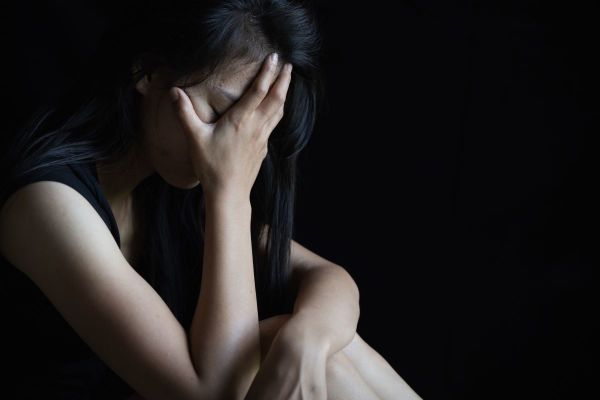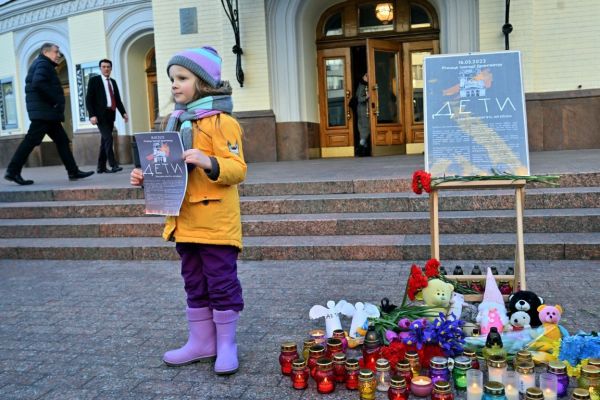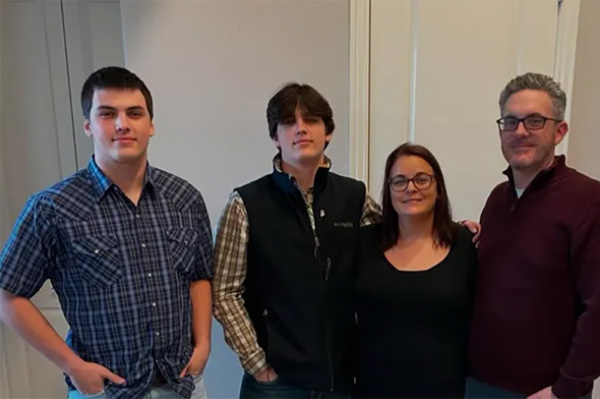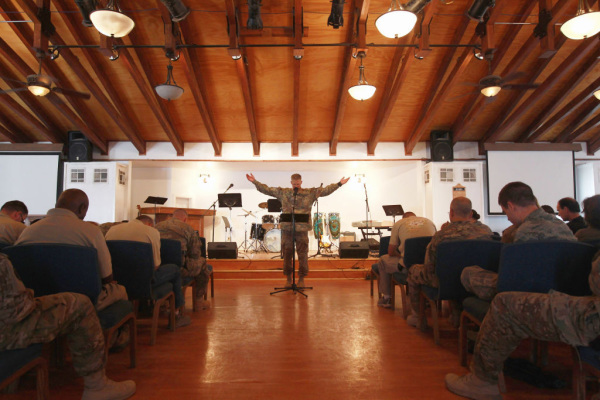Episcopal Panel 'Dodges' Response to Anglican Request for Change
An Episcopal panel of clergy and lay people indicated on Thursday they will not give a response to the moratorium Anglican leaders requested for by September, arguing that only the General Convention has the authority to respond.
The next General Convention – The Episcopal Church's primary governing and legislative body – however, meets in the summer of 2009.
After a four-day meeting that ended Thursday, the Executive Council said that no governing body other than General Convention can agree to deny "future decisions by dioceses or General Convention" or interpret Convention resolutions. Primates (Anglican leaders) gave The Episcopal Church a Sept. 30 deadline to make an unequivocal pledge not to consecrate another openly gay bishop or bless same-sex unions.
"Neither the Executive Council, the Presiding Bishop, nor the House of Bishops can give binding interpretations of General Convention resolutions nor make an 'unequivocal common commitment' to denying future decisions by dioceses or General Convention," the statement titled "The Episcopal Church's Commitment to Common Life in Anglican Communion" read.
The council also questioned the authority of the Primates to "impose deadlines and demands upon any of the churches of the Anglican Communion."
Wicks Stephens, chancellor for the Anglican Communion Network, believes The Episcopal Church's response on Thursday is "a dodge that has no effect."
"It seems pretty clear that they (council) don't intend to respond," he told The Christian Post. "It is probably the most predictable response we could've expected because it's the lay Episcopal Church that seeks to put out true responses by saying only the General Convention can respond.
"But you might remember that the primates (Anglican leaders)' communiqué did not ask The Episcopal Church to clarify. Rather, they asked the House of Bishops to clarify."
Primates stated in the communiqué at the conclusion of their meeting in February in Dar es Salaam, Tanzania: "In particular, the primates' request, through the Presiding Bishop, that the House of Bishops of The Episcopal Church" make the unequivocal pledge.
The requests were made as the primates believed The Episcopal Church has not expressed "regret" for its controversial actions, including the 2003 consecration of openly gay bishop V. Gene Robinson of New Hampshire.
The Executive Council also said they decline to participate in the primates' plan to develop a "pastoral scheme" where Anglican leaders outside The Episcopal Church would oversee conservative American dioceses and those unable to accept the authority of the Episcopal Presiding Bishop, Katharine Jefferts Schori. The House of Bishops believes the scheme is "ill-advised," which the Executive Council agreed with. Moreover, the council is "respectfully" asking their Presiding Bishop not to take any of the actions asked of her by the pastoral scheme.
At the same time, the council strongly affirmed The Episcopal Church's desire to be "in the fullest possible relationship" with the Anglican Communion.
"It is our most earnest hope that we continue to walk with our Anglican brothers and sisters in the journey we share together in God's mission. We believe The Episcopal Church can only offer who we are, with openness, honesty, integrity, and faithfulness, and our commitment never to choose to walk apart.
Jefferts Schori congratulated the council for engaging a variety of issues "faithfully and with clarity," as she recognized the diversity of opinion that exists within the Episcopal Church and the Anglican Communion, according to the Episcopal News Service.
To ACN's Stephens, "The House of Bishops has spoken that they do not intend to change anything."
This is not The Episcopal Church's official response. The final word will be given during a meeting Sept. 20-25 in New Orleans.






















